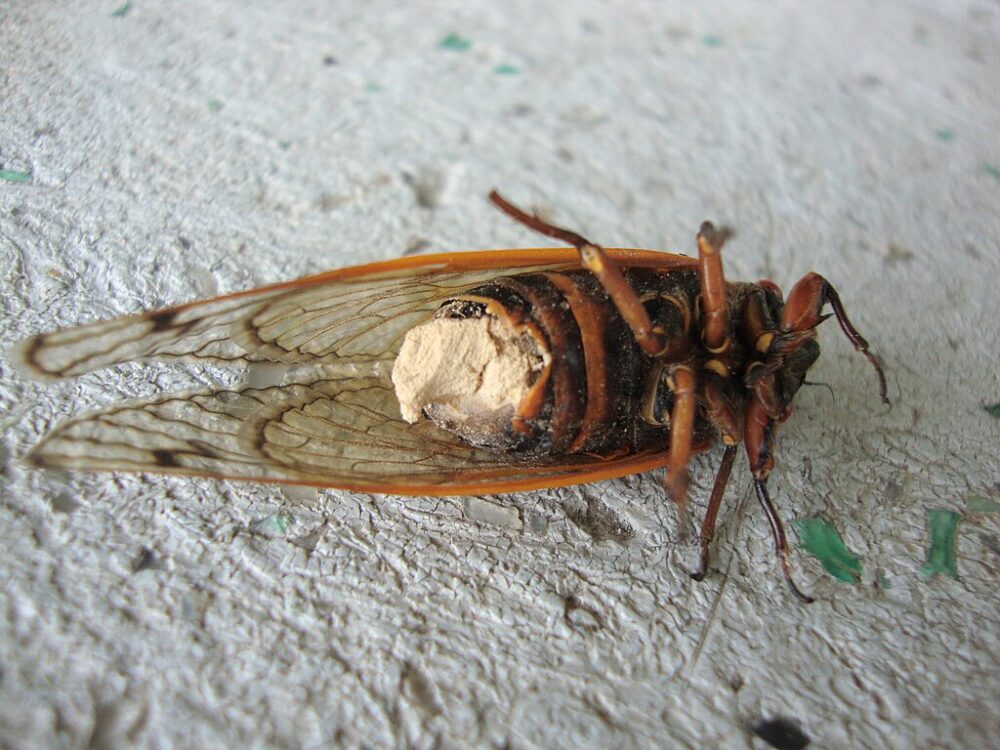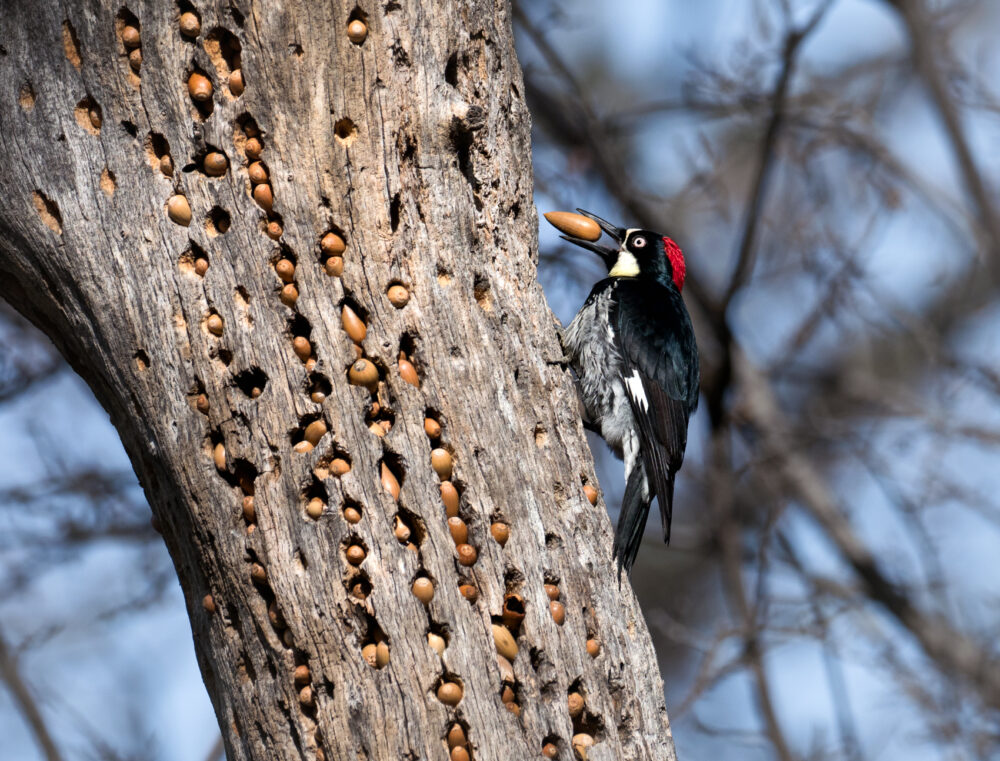We have much more to do and your continued support is needed now more than ever.
Pass the Proposal to Protect Clean Water

Now the black bear faces a new threat to their existence—unprotected waters. Sportsmen, sportswomen, and children attending the 2014 Governor’s Conservation Achievement Awards banquet in Bryant, Arkansas explained why this risk is jeopardizing not only the livelihood of the bears, but also the roughly 3 million residents of the state. Being actively connected to nature is a way of life for many Arkansas residents, who like many other Americans, depend on clean water for jobs, recreation, and health.
These residents have some strong reasons why all Americans should ensure the Environmental Protection Agency (EPA) successfully moves forward with the proposed Waters of the U.S. rule to protect streams and wetlands. Arkansas resident and fishing guide Mel Garner explained that he supports the proposal in addition to his love for hunting and fishing because, “The Spring River, where I live, is my source of income.” He said, “I’m a [trout] fishing guide, and trout need clean water.” The 1972 Clean Water Act is a law mandated to guarantee the nation’s waters are clean to fish, swim, hunt, and drink. Mel can remember a time before the passage of the act when many of America’s waters caught fire or became “dead ecosystems.” The 1972 Clean Water Act restored the health of millions of cherished wetlands, lakes, and rivers for American citizens to enjoy. The proposal restores longstanding Clean Water Act protections to most streams and wetlands that have been in legal limbo and in jeopardy for the past decade. Issuing protections is imperative to safeguard streams and wetlands both downstream and upstream. The EPA’s proposal is strongly supported by rigorous peer-reviewed scientific evidence demonstrating the strong ecological connections between small streams and wetlands and larger lakes and rivers downstream. Despite the clear scientific evidence, opponents from the agriculture and development industries are attempting to derail the rulemaking process by calling it “too complicated.” In reality, the proposal could not be simpler, and is based on the common-sense logic that water flows downhill.

![]() Take action today by submitting a clean water support comment at the NWF Action Center!
Take action today by submitting a clean water support comment at the NWF Action Center!





















